A “2 ton RO” typically refers to a Reverse Osmosis (RO) water purification system with a capacity of processing 2 tons of water per day. This type of RO system is designed for medium to large-scale water purification needs, such as in industrial settings, large commercial establishments, or in community water systems. Here’s a detailed overview:
Overview of a 2 Ton RO System
1. Capacity and Output
- Capacity: The “2 ton” term usually means the system can process approximately 2 metric tons (or 2,000 liters) of water per day.
- Output: This translates to a significant amount of purified water daily, making it suitable for larger operations compared to residential systems.
2. Components of the RO System
- Pre-Filters: These remove large particles, sediment, and other impurities before the water reaches the RO membrane.
- RO Membrane: The core component that performs the desalination or purification by filtering out contaminants and impurities through a semipermeable membrane.
- High-Pressure Pump: Maintains the pressure required to push water through the RO membrane.
- Post-Filters: Additional filters to refine the water and remove any remaining impurities or enhance taste.
- Storage Tank: Stores the purified water for later use.
3. Applications
- Industrial Use: Provides purified water for manufacturing processes, cooling systems, or other industrial applications.
- Commercial Use: Suitable for large businesses such as restaurants, hotels, or offices requiring a steady supply of purified water.
- Municipal Water Supply: Can be used in community water systems to ensure a reliable supply of clean water.
4. Advantages
- High Capacity: Handles larger volumes of water, making it ideal for more demanding environments.
- Efficient Purification: Provides high-quality water by removing a broad range of contaminants.
- Cost-Effective: For large-scale operations, a 2-ton RO system can be more economical in the long run compared to smaller systems.
5. Maintenance and Considerations
- Regular Maintenance: Requires periodic checks and replacements of filters and membranes to ensure optimal performance.
- Energy Consumption: Can be energy-intensive, so it’s important to consider the energy requirements and potential operational costs.
- Brine Management: Needs to manage the disposal of brine, which is a byproduct of the RO process.
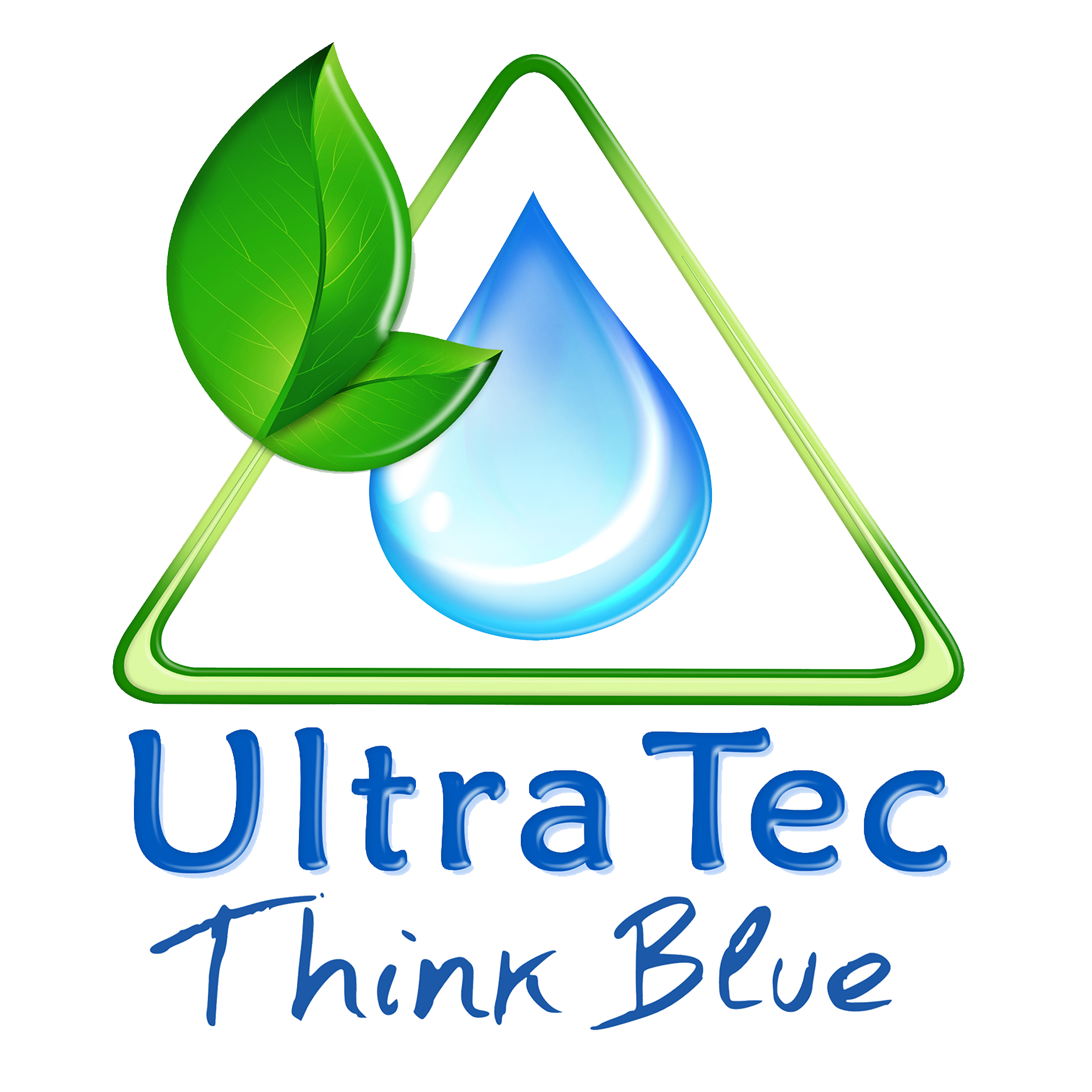
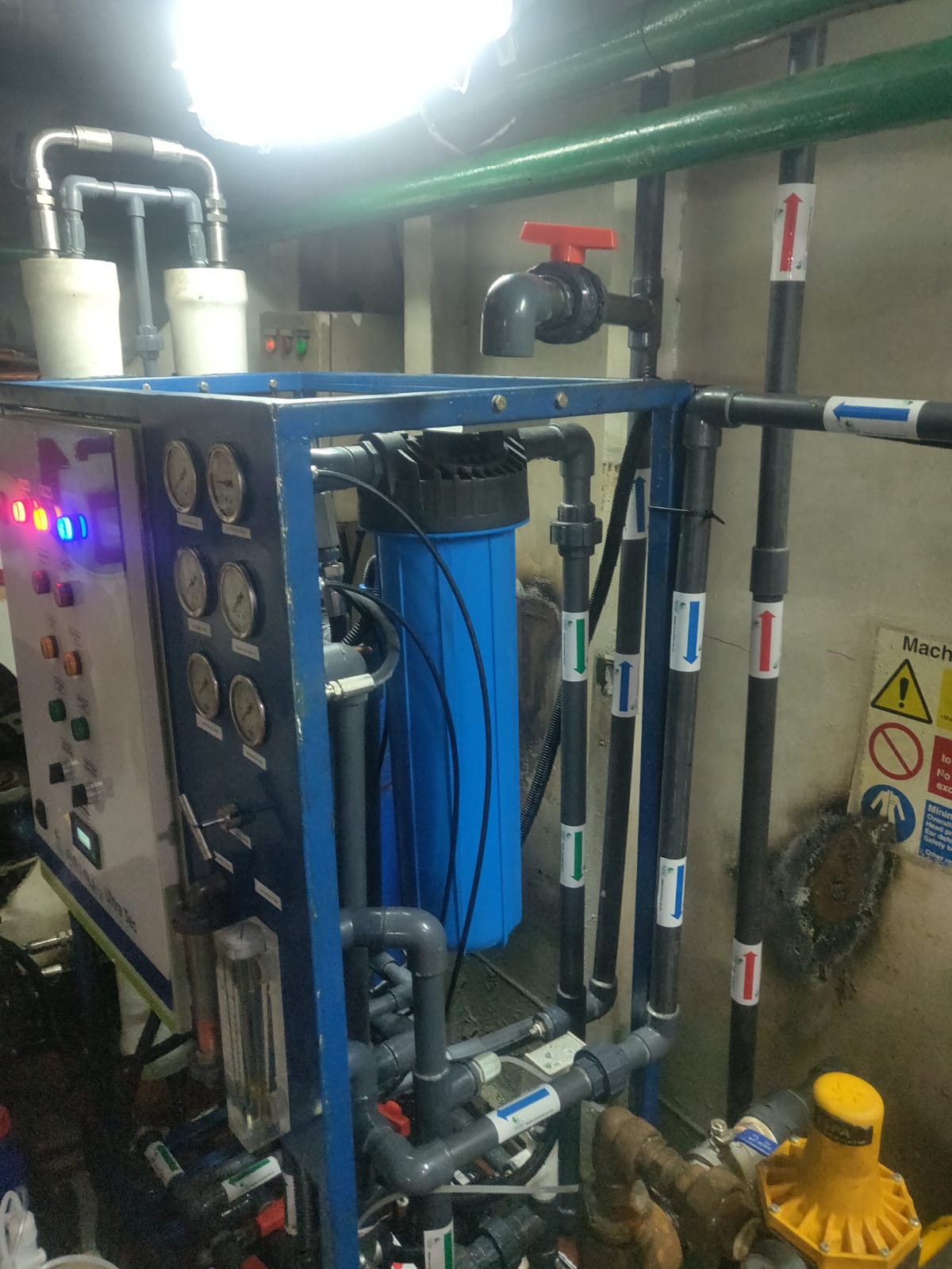
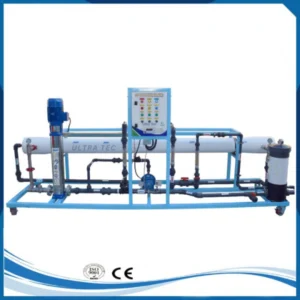
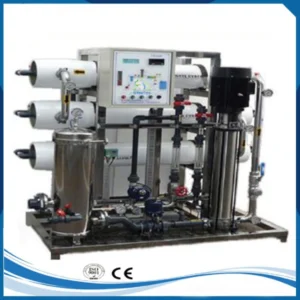
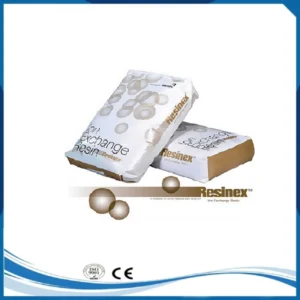
Reviews
There are no reviews yet.